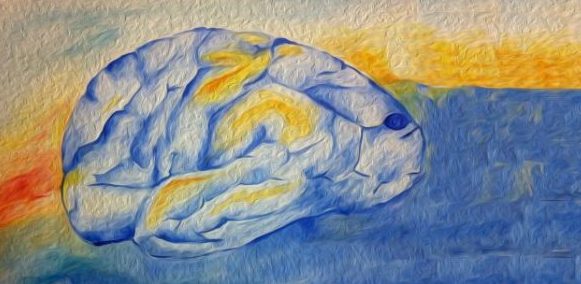Theoretical neuroscience
Theory of spike initiation, sensory systems, autonomous behavior, epistemology
Editor Romain Brette
Neuroscience Needs Behavior: Correcting a Reductionist Bias (2017)
John W. Krakauer, Asif A. Ghazanfar, Alex Gomez-Marin, Malcolm A. MacIver, David Poeppel
2 comments on PubPeer PubMed: 28182904 DOI: 10.1016/j.neuron.2016.12.041
From the perspective of a computational neuroscientist, I believe a very important point is made here. Models are judged on their ability to account for experimental data, so the critical question is what counts as relevant data? Data currently used to constrain models in systems neuroscience are most often neural responses to stereotypical stimuli, and results from behavioral experiments with well-controlled but unecological tasks, for example conditioned responses to variations in one dimension of a stimulus. This leads to models that might agree with laboratory data (by design) but that don’t work, i.e. that do not explain how the animal manages to do what it does. I have made this point in the specific context of sound localization (Brette, 2010; Goodman et al., 2013).
